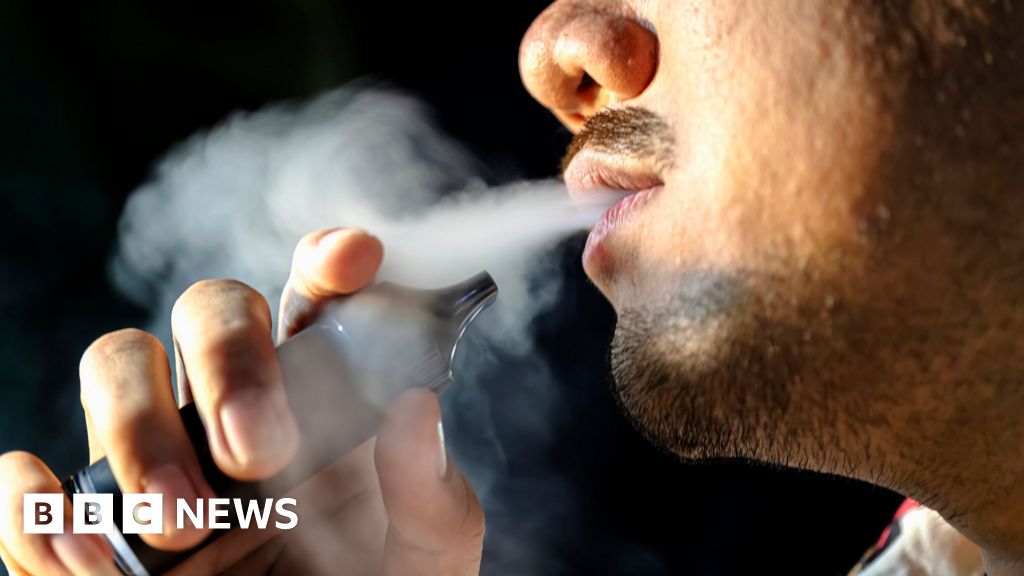As Singapore gears up for its latest election, the public's focus is not solely on the expected continued dominance of the long-ruling People’s Action Party (P.A.P.), but rather on the substantial margin by which they may secure victory. Traditionally, the P.A.P. has enjoyed an uninterrupted reign since 1959, and while their hold on power is widely anticipated to persist, signs of a reawakening political climate are unmistakable.
Historically, elections in Singapore have been marked by the P.A.P.'s portrayal as the nation's stable backbone, guiding citizens through turbulent times such as the recent global pandemic and the current trade disruptions attributed to international tensions. However, as the country approaches the polls this Saturday, growing public sentiment indicates a desire for change, particularly amidst rising living costs and increasing dissatisfaction with the government’s economic policies.
Political analysts note a noticeable shift, with the Workers’ Party, Singapore's main opposition, gaining traction and visibility during the campaigning period. Their rallies have attracted large crowds, indicative of a population eager for alternative voices in governance. Pritam Singh, leader of the Workers' Party, has made it clear that their goal is not to contest enough seats to form a government just yet but to establish a healthier, more competitive political framework in which dissenting voices can be heard in Parliament.
As the elections approach, the upcoming results are being viewed as more than just a tally of votes; they may serve as a litmus test for the public's sentiment regarding Prime Minister Lawrence Wong, who stepped into leadership last year following the two-decade tenure of Lee Hsien Loong. Wong’s administration faces challenges from the wider socio-economic climate, and he emphasizes the importance of strong diplomatic ties in navigating the complex international landscape.
The narrative surrounding this election echoes a growing desire among citizens for a diversified political representation—one that goes beyond a singular ruling party framework, thus fostering a democratic spirit in Singapore amid shifting global circumstances.



















